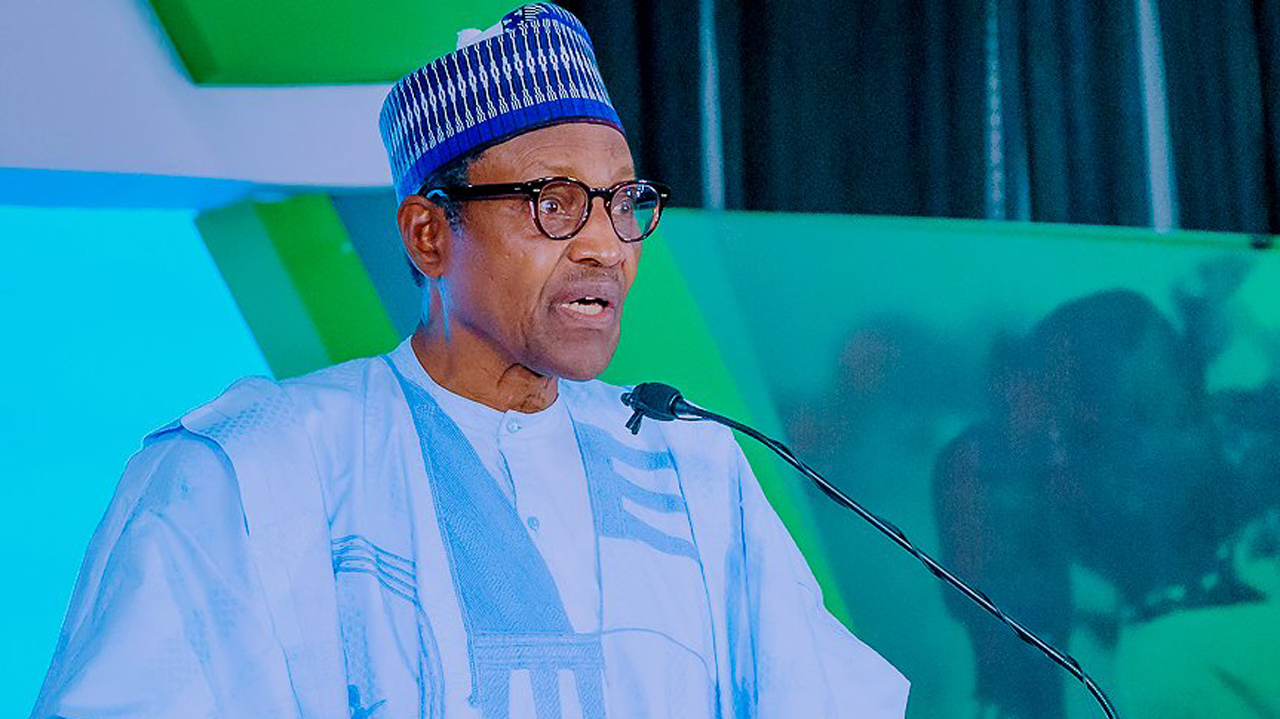By Tunji Ajibade
Not long ago there was an incident involving one of Arise TV journalists. He drove on the BRT lane in Lagos State so police officers stopped him. The young man has since offered his apologies. My reading though was that a mentality within a larger culture among Nigerians was on display in the encounter. So this intervention is less about the journalist in question but more about a culture that impacts this nation negatively and we don’t even acknowledge it.
I feel very strongly about the BRT incident for reasons that I shall proceed to state. On this page, I have had reasons to point out how citizens ignore what is right, do what is wrong and shrug it off as nothing. It’s something because such is an ingredient for any nation’s gradual destruction. Despite our contributions, we peddle narratives of how others including the other tribe are Nigeria’s problem. We thus propagate a simplistic, narrow and wrong narrative regarding a complex problem. When the analysis is wrong the solution will be wrong. So Nigeria is where it is. Each time I point out this phenomenon one response is that I write what is “painful.” Another response is that I’m a “fool.”
Even when I state that we shouldn’t demonise fellow Nigerians on the basis of tribe and religion because of the actions of a few miscreants, I get insults. Worse, when I state anything positive about tribes other than mine some readers find it offensive. The shocking part is that regarding every salient national issue even educated people present narratives that are driven by tribal and religious prejudices. It’s there in the responses. I enjoy reading the responses; through them, I see how the minds of some Nigerians work. Some of the strong negative responses show me how narrowly we read issues, and how far down the wrong road this has taken us in this nation.
Meanwhile, seeing how the minds of people work isn’t only useful for my weekly column but for other forms of writing as well. I create similar minds, similar characters in my drama and prose fiction, a phenomenon every creative writer recognises. This reminds me of a politician and state governor who once had a somewhat dramatic conversation with his wife. The couple was saying one thing, I was hearing another. This is a family light banter but dialogue for my prose pieces was what I was hearing the very second they started. I told the politician straightaway that he and his wife had just provided me with a scene in one of my prose pieces. I did capture the scene and I hope he’ll get to read it one of these days.
Alright, back to the matter of the journalist with Arise TV involved in a highway traffic incident. I saw the video and a few things dropped into my mind. One is the display of a mentality within a larger culture common among Nigerians i.e. we do what is wrong when we can and we’re unwilling to accept that what is wrong is wrong and it shouldn’t be justified under any guise. Whatever might have happened earlier, we see the journalist drop the name of a state governor like a threat to the police officers who challenged him. I immediately commented on my Twitter handle that one phenomenon displayed is how we rarely accept we are wrong when we are.
One Nigerian lady responded to my tweet that the fault wasn’t with the journalist but the police who pointed a gun at him. Really? So if the journalist didn’t breach the law, if he didn’t take a BRT lane, the police would have had reasons to point a gun at him. From the responses to my interventions on this page in the past, I know the upside-down argument that this lady made on Twitter is common among Nigerians. We leave the source of a problem but blame the consequences. When majority of citizens reason like this something is wrong with the education or training received and the consequences would be seen in the condition of the nation concerned. It’s here. We do what is wrong in our small corner but blame others for what is plainly the collective outcome. We have the mentality that we don’t contribute to what is wrong; like the journalist didn’t do anything wrong first before the police pointed a gun at him.
If I were to be in the same situation as the Arise TV journalist, my foremost concern would be that because I was in the public space criticising others I shouldn’t be involved in that kind of situation. That thought alone would obviate any other rights I might want to claim. I would acknowledge to the law enforcement officers that I knew they were doing their job; I would tender my apologies and express my willingness to comply with legal requirements to redeem the situation. I’ve interacted with the police on roads long enough to know that there’s no officer you approach this way who wouldn’t return the compliment.



